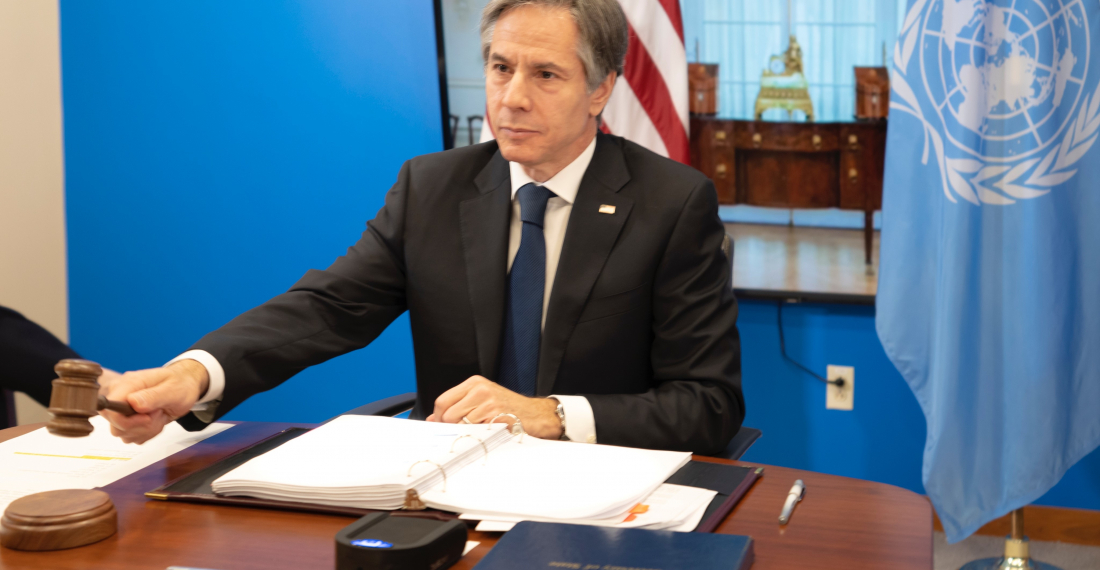The new United States Administration has finally clarified its position on the conflict in Western Sahara between Morocco and the Sahrawi movement, the Polisario Front. US Secretary of State Antony Blinken earlier this week emphasised US support for political negotiations between Morocco and the Polisario over the future of the territory
It is believed that Washington has been discussing this file with a number of parties including the UN Secretary-General Antonio Guterres with whom Blinken met on Monday.
Many Sahara experts expected the US administration to reverse the recognition of Morocco’s sovereignty over Western Sahara, but the US has included events in Western Sahara as part of the Morocco country file in the Country Reports on Human Rights Practices.
Blinken was reported to have urged Guterres to expedite the appointment of a new special envoy for Western Sahara. The post has remained vacant since the resignation of the former German president, Horst Kohler.
In early March, the Spokesperson for the UN Secretary-General Stéphane Dujarric said it was time for the high profile position to be filled.
“It’s not the easiest job on the UN roster. It’s a critical job”, Dujarric said in his daily briefing. The UN Secretary-General “has been trying very hard to fill the position, but as in a lot of these appointments, not all the levers are in his hands, but he is doing his bit”, he added.







